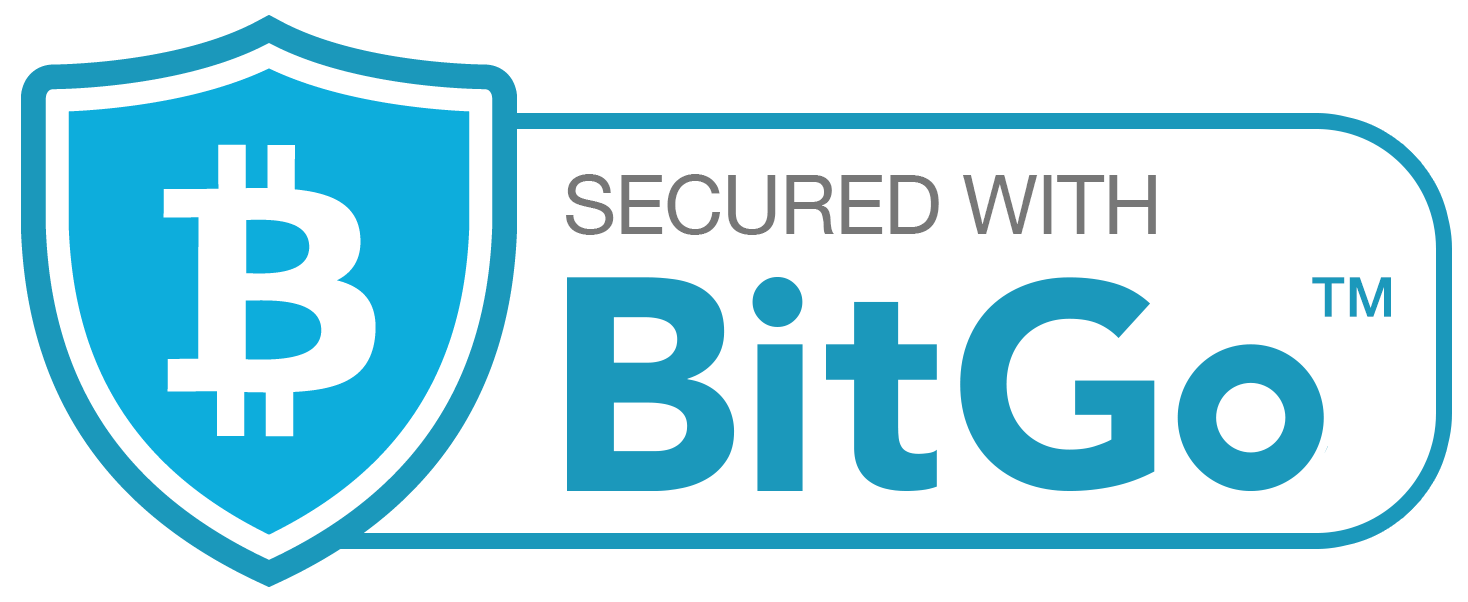No question in cryptocurrency history has been asked so often as how to stay safe. The apparent impenetrable security blockchain-based digitalized chunk of golds have bene touting has seem to given in on more than one occasions. But humorously still, the greatest threat to the average user stems not from some outside malicious force, but from our own tendency to forget. It is true, many a small pile of Bitcoin, Ethereum and the like have been buried under absent-mindedness and much tears.
What are multisig wallets and how are they helpful?
Let us unpick things one at a time. First, familiarity with the concept of cryptocurrencies is not a bad thing in itself. You will need to grasp a basic concept about the crypto world. You never actually own your digital coins. Instead, you are handed a string of software, known as a crypto key.
The crypto key is stored on your wallet – any breach of the wallet would spell financial ruin for you. So the best way to avoid this is to use something known as a cold storage device, or a simple flash drive that disconnects from the Internet.
Alternatively, you can purchase cold storage services or multisig services from a coin exchange.
So, let us look at how things happen in real life. You are assigned a crypto key, which is stored on your wallet. But this is risky! A moment’s absence, a hacker’s well-poised attack may translate into much unpleasant emotions.
Ultimately would boil down to losing all rights to manage your allocated number of Bitcoin or whatever digital currency piques your investor minds.
In order to avoid this, let us use multi-signature address wallets.
However, the Bitcoin supports a much more sophisticated kind of transactions known as M-to-N transactions.
Put in laymen’s terms, you will rely on multiple people ensuring that your transaction pass a verification test.
Multi-sig wallets are also great way to manage a start-up that draws its funds from cryptocurrencies. Known as 3-OF-5 validation wallets, you will need 3 persons to clear an authorization before it is sent into the nether of the blockchain.
A short overview
Okay, let us circle back and reiterate what makes a multisig wallet. First off, you will want there to be multiple security keys involved.
Secondly, you would want to keep this information under wraps on a private server. This is not the complete set of criteria that you need to comply with.
On top of that, you will want to consider a multi-sig wallet when you are running a business with partners. The recent flop of a coin exchange followed after the owners have decided to use a low-security single-address wallet.
It is a bitter lesson which they learnt the hard way.
Even though the standard for multi-sig wallets is 3-OF-5 signatories needed to clear a transaction, there are others that defy this trend.
Take for example BitGo. It is a particularly awesome little software that runs on all platforms imaginable. You can power it from your Android or iOS phone, an naturally a desktop computer for that matter.
Whatever your thoughts regarding this may be, rest assured that a multi-sig wallet is the best way to go. BitGo is slightly better even, because it offers to clear transactions at a lower fail-rate. In total 3 out of 4 signatories will have to approve a transaction before it clears and becomes part of the public ledger.
Other wallets that you may want to consider are:
- Armory
- Electrum
- Copay (another multi-functional wallet)
- Coinbase
As closing words it is worth noting that some multi-sig wallets will allow you to set up the format of your desired validations before a transactions becomes available. You may want the unanimity of 3 people (out of 3 total owners) in order to carry out a transaction. Trade safely, stay smart.



Comments (No)